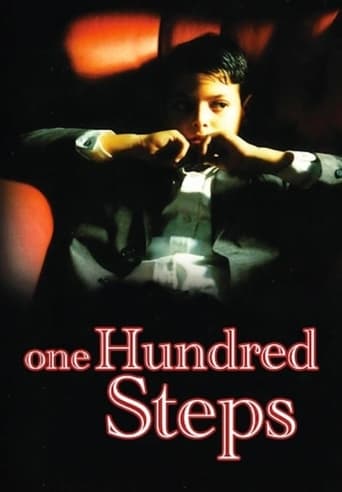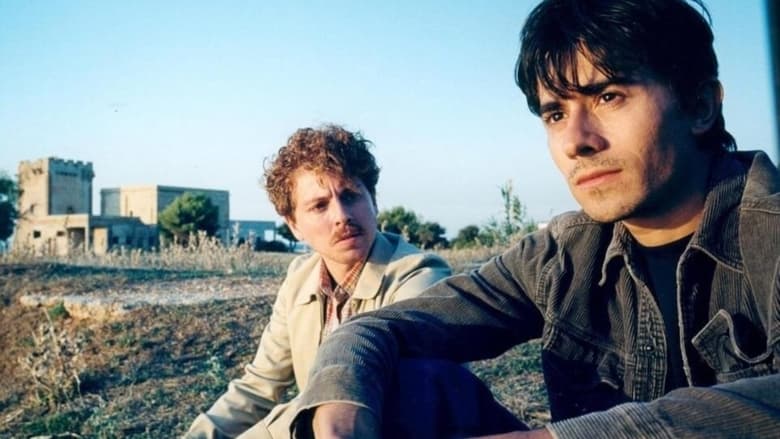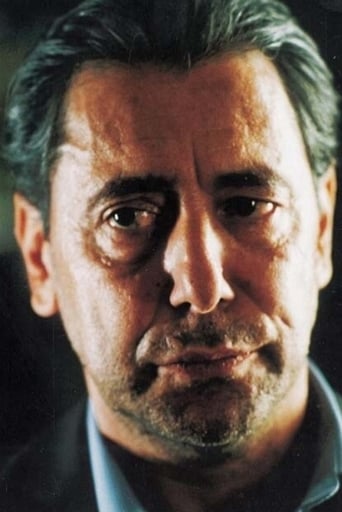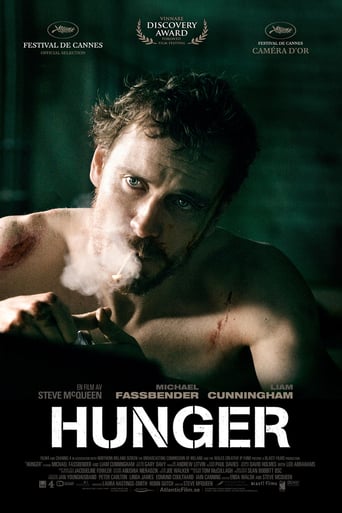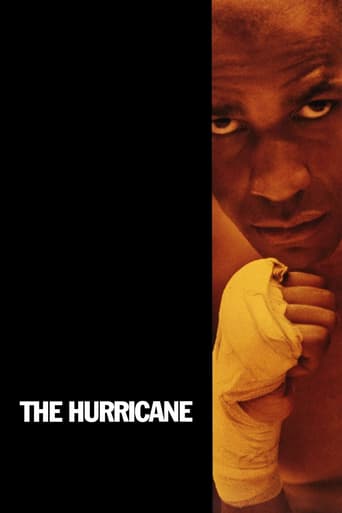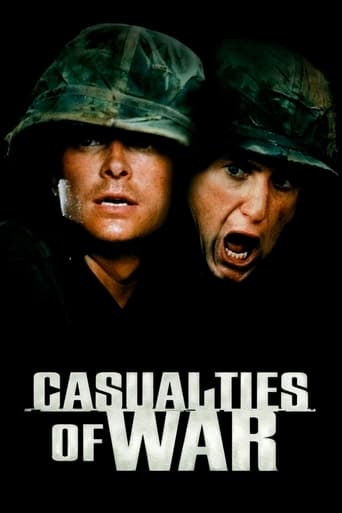One Hundred Steps (2000)
Peppino Impastato is a quick-witted lad growing up in 1970s Sicily. Despite hailing from a family with Mafia ties and living just one hundred steps from the house of local boss Tano Badalamenti, Peppino decides to expose the Mafia by using a pirate radio station to broadcast his political pronouncements in the form of ironic humour.
Watch Trailer
Cast
Similar titles
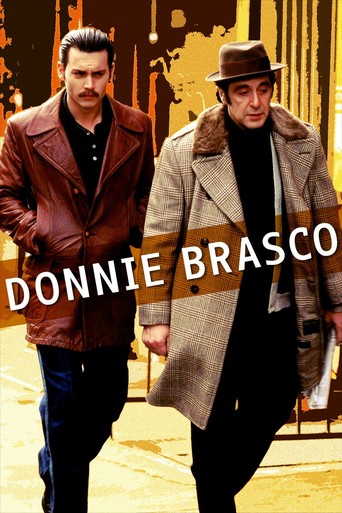
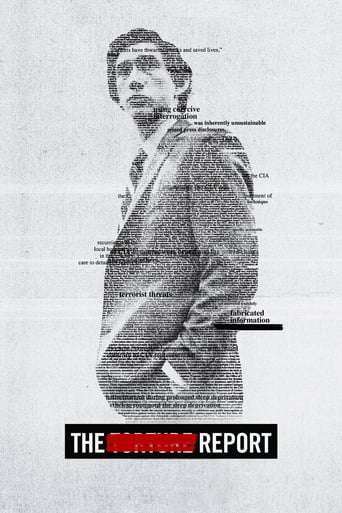
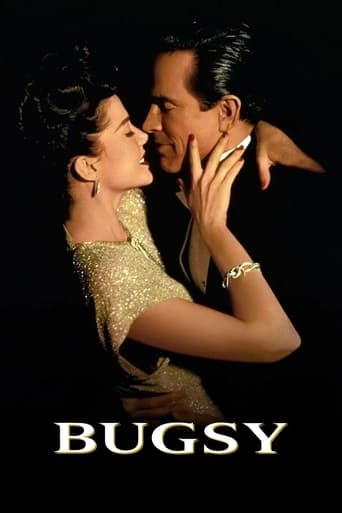

Reviews
Sorry, this movie sucks
I cannot think of one single thing that I would change about this film. The acting is incomparable, the directing deft, and the writing poignantly brilliant.
This is a small, humorous movie in some ways, but it has a huge heart. What a nice experience.
The film may be flawed, but its message is not.
A Sicilian country wedding is the setting of story as it begins. Peppino Impastato, a young boy comes to the celebration with his parents and younger brother. At the banquet that follows one can see an assortment of characters that will be pivotal to the story later on. Being Sicily one can dismiss the idea that organized crime hoods are at the bridal table and somehow Peppino's own father knows much more than he owns up to, in this tale about the of an awakening. The viewer never suspects the change from the bucolic setting of the early scenes to the reality of how the mafia works in that part of Italy.Something changes Peppino's perception of life when he goes to visit a local artist that has holds high communist ideals as a priority. Peppino fights with his father and abandons the family home. His life changes completely until he finds his own voice when he and his friends start a local radio in Cinisi, a small town in the island. Little prepares us for the way Peppino's voice will do to the mafia bigwigs that have a tight control on everything in Cinisi.Marco Tullio Giordana, the director of "La meglio giuventu", his epic masterpiece about Italian life seen through different generations, conceived and co-wrote this film about a passionate youth that dedicates his life to fight the organized crime in his home town. Supposedly, it is based on a real person, but not being a hundred percent certain, we have to go on the assumption that it reflects what really happened in that small town years ago.The only reason for watching this Italian film is Luigi Lo Cascio's take on Peppino. As he proved later with his participation in the director's next movie, this young actor shows he is one of the best of his generation and has a great future in the Italian cinema. Also in the cast, Luigi Maria Burruano, who makes a good job as Peppino's father.Although the theme is about Peppino's turn into leftist politics in his own land, the film is enjoyable because it is never in one's face. Mr. Giordana makes the viewer get his own conclusion by stating the facts as he saw them.
This film deserves many reflections (not all of them positive) about both its formal features and content. On the first category I can say, that this is a good film. On the second one I'll have to make a selection and invite you to watch the film and think about it. This film doesn't tell the true story of the facts which involved the true person Peppino Impastato. It isn't his biography. It's just the narration of his life, life understood as the net of relationships of a single person with his environment (territory, family, friends, politics, current contemporary ideas). So we don't watch a documentary film but a tale whose main character is Peppino Impastato, actually we see photos of the real Peppino only at the end oft the film. Nevertheless what Peppino makes through in the film is the representation of true facts. It's very difficult to tell a tale which bases on historical facts. Giordana has already attempted that in La meglio gioventù when he tried to show that history concerns the life of everybody creating an imaginary family, whose life builds the plot of the film, portrayed against the real background of Italian history. In I cento passi the task was more difficult because the narrated historical facts concerned the life of a real single person which were actually the plot of the film: obviously the director could not take many narrative liberties such as the romantic family saga plots in La meglio gioventù. So Giordana takes his liberties in trying to show the interior life of Peppino Impastato and his family. We receive a very impressive account of the possible thoughts and emotions of Peppino's father (sometimes a violent monster, sometimes a sad and lonely looser, conscious that the life of Peppino depends entirely on his own capacity to observe the mafia code, and, at least in this way, caring father) and a more sober representation of his mother and his brother (who are still alive). This tale of the relationships between the people who lived these true facts 30-40 years ago is in the end a reflection about the cruelty of the inhumane situation which everybody had to pull through when living in a mafia world: for example Peppino has to make radical and sad decisions and his father has to humiliate himself all his life long. That's why I say, that this is not a mafia film but a film about mafia or an anti-mafia film. Mafia doesn't mean the "Godfathers universe" (the mafia organization itself) but the systematical repression of liberty, which involves the progressive destruction of beauty (as Peppino says, sure not literally, in a very touching and peaceful scene of the film) and the following disorientation (not to say impossibility) of the self evolution. One of the first consequences of the contact with the mafia for the life of someone, in whatever form this may take place, is a lack of communication. So tries Peppino (who cannot speak with his father, as we see in their last very poor conversation) to reach so many people as possible with a broadcasting (Radio Aut), the cinema club or the itinerant theater. At a certain point in his fight he has to break with with Stefano Venuti, whose politics were too far from the people and with the superficial hippies, whose ideas were irrelevant for the territory. His efforts to liberate himself show the awareness of the impossibility of doing it in a merely private sphere which is separated from a meaning-full, beauty-full, humane environment. This, at least, makes his life (and we must thank Giordana for making a film about it) universally relevant.
Since my long-term girlfriend is from Cinisi (where the film is set) I regularly visit. I also learnt on my first trip out that she is actually a cousin of Giovanni Impastato. Thus I have an interest in the history and eat at the pizza restaurant each time I'm in the area. Not knowing what to expect from this film, I was stunned at the powerful performances and overall impact of this moving drama. Luigi Lo Cascio, baring the chiselled good looks of a young Tim Roth, delivers an outstanding performance far superior to anything any actor produces from Hollywood these days.The locations are beautiful and it's easy to spot the Corso Umberto main street and other sites from Cinisi used in the film.I Cento Passi is an outstanding movie, that presents an effective portrayal of the other side of living with the mafia, far, far away from the more accepted, almost romantic, wiseguy ideals seen in Goodfellas, The Godfather and the like.SPOILERI also found this after trawling the web for more info on the story BBC, Saturday, 1 May, 2004 (http://news.bbc.co.uk/1/hi/world/americas/3675535.stm)Gaetano Badalamenti, once known as the "boss of bosses" of the Sicilian Mafia, has died at the age of 80 in the US where he was serving a prison sentence. Badalamenti became notorious in the US for masterminding a crime ring that distributed heroin and cocaine through pizza parlours between 1975 and 1984. He was sentenced in 1987 to 47 years in federal prison. Born in the village of Cinisi near Palermo in 1923, Gaetano Badalamenti became a key figure in the Sicilian Cosa Nostra in the 1970s.Italy also convicted Badalamenti in absentia of the 1978 murder of a radio DJ who poked fun at the Mafia. The remains of Giuseppe "Peppino" Impastato were found torn apart by a bomb on a Sicilian railway line. Badalamenti was finally convicted of the crime in 2002 and sentenced to life in prison. Reuters news agency quoted an unnamed prison official as saying he died of a heart attack at a US federal medical centre in Devens, Massachusetts, on Thursday evening.
Forget all the movie you have seen since now about mafia. Forget good people to one side and bad people to the other, forget blood and gunshots. This is the real story of a boy from Sicily who's family is actually very well connected with Mafia, so to fight Mafia he has to fight against people he loves, and make them take the same risks he takes in this fight. It is also a good portrait about Sicily's way of life and youth rebellion of seventies. I'm sorry for those have to see it in a different language from italian (I should say sicilian) because original dialogs worth it. A word about scriptwriters, Monica Zapelli and Claudio Fava. Their good job comes from their knowledge about Mafia, and their courage actually fighting it.
